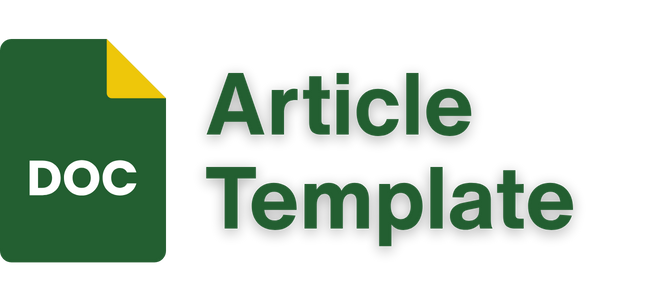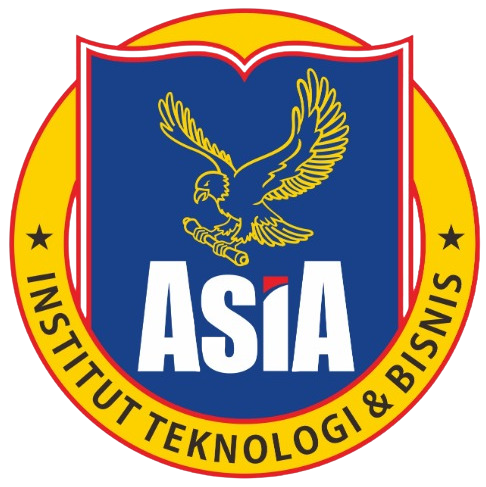STRENGTHENING THE LOCAL ECONOMY: MEASURING THE DIGITAL LITERACY OF UMKM TOWARDS THE EFFICIENCY OF ELECTRONIC TAX REPORTING
DOI:
https://doi.org/10.32815/jibeka.v18i3.2178Keywords:
Local Economy, Digital Literacy, SMEs, Reporting, Electronic TaxArticle Metrics
Abstract
This study explores the level of digital literacy of Micro, Small and Medium Enterprises (SMEs) in Malang City and its impact on electronic tax reporting. Of the 99 SMEs operating for at least one year, the majority showed adequate digital literacy, with interest and skills in using electronic tax applications. A good level of digital literacy gives hope for the successful implementation of electronic taxes in Malang City. Data analysis shows that the readiness of digital literacy of SMEs significantly positively affects the obligation of electronic tax reporting. Increasing digital literacy can improve the efficiency of SME tax reporting, contribute to local economic growth, and ensure business continuity. Therefore, a deep understanding of digital literacy not only impacts SME operations but is also crucial to ensure good and sustainable tax compliance in the long term.
Downloads
References
BPS. (2020). Jumlah Usaha Mikro Kecil Menengah (UMKM) Menurut Kecamatan di Kota Malang (Unit), 2021-2022. https://malangkota.bps.go.id/indicator/35/531/1/jumlah-usaha-mikro-kecil-menengah-umkm-menurut-kecamatan-di-kota-malang-.html
Desmayanti, E. (2012). Faktor-Faktor Yang Mempengaruhi Penggunaan Fasilitas E-Filling Oleh Wajib Pajak Sebagai Sarana Penyampaian Spt Masa Secara Online Dan Realtime. Jurnal Akuntansi, 1(1), 1–12.
Ghazali, I. (2018). Aplikasi Analisis Multivariate Dengan Program IBM SPSS 25. Semarang:Badan penerbit Universitas Diponegoro.
Gilster, P. A. (2007). Closing Remarks: A Charter for Interstellar Studies. AIP Conference Proceedings, 886, 204–206. AIP. https://doi.org/10.1063/1.2710056
Kemdikbud. (2017). K. Jakarta : Sekretariat TIM GLN Kemdikbud, 8.
Leaning, M. (2019). An approach to digital literacy through the integration of media and information literacy. Media and Communication, 7(2), 4–13. https://doi.org/10.17645/mac.v7i2.1931
Lee, S.-H. (2014). Digital Literacy Education for the Development of Digital Literacy. International Journal of Digital Literacy and Digital Competence, 5(3), 29–43. https://doi.org/10.4018/ijdldc.2014070103
List, A. (2019). Defining digital literacy development: An examination of pre-service teachers’ beliefs. Computers and Education, 138(May 2018), 146–158. https://doi.org/10.1016/j.compedu.2019.03.009
Martin, A. (2008). Digital Literacies: Concepts, Policies & Practices.
Nasikin, M. (2016). Praktik Penyusunan Laporan Keuangan Pada UMKM Kuliner di UMKM Ishokuiki Kota Tuban. Sekolah Tinggi Ilmu Ekonomi Perbanas Surabaya.
Riel, J., & Christian, S. (2016). Charting Digital Literacy: A Framework for Information Technology and Digital Skills Education in the Community College. SSRN Electronic Journal, (541), 1–22. https://doi.org/10.2139/ssrn.2781161
Rumat, S. H. W., & Sitinjak, N. D. (2019). Dinamika Kepatuhan Wajib Pajak Orang Pribadi di Kota Kupang. Jurnal Ilmiah Bisnis Dan Perpajakan, 1(1), 44–54.
Sense, C. (2009). Digital Literacy and Citizenship in the 21st Century. Common Sense Media.
Sevilla. (2007). Research Methods. Quezon City: Rex Printing Company.
Tambunan, T. (2002). Usaha Kecil dan Menengah di Indonesia, Beberapa Isu Penting. Jakarta: Salemba Empat.
Warlick, F. (2004). Redefining Literacy for the 21st Century. Santa Barbara, CA: Linworth Publishing.
Downloads
Published
How to Cite
Issue
Section
License
Copyright (c) 2024 Muhammad Riko Hamdani, Justita Dura

This work is licensed under a Creative Commons Attribution-ShareAlike 4.0 International License.
Happy reading. Do not forget to cite. Thank you.








